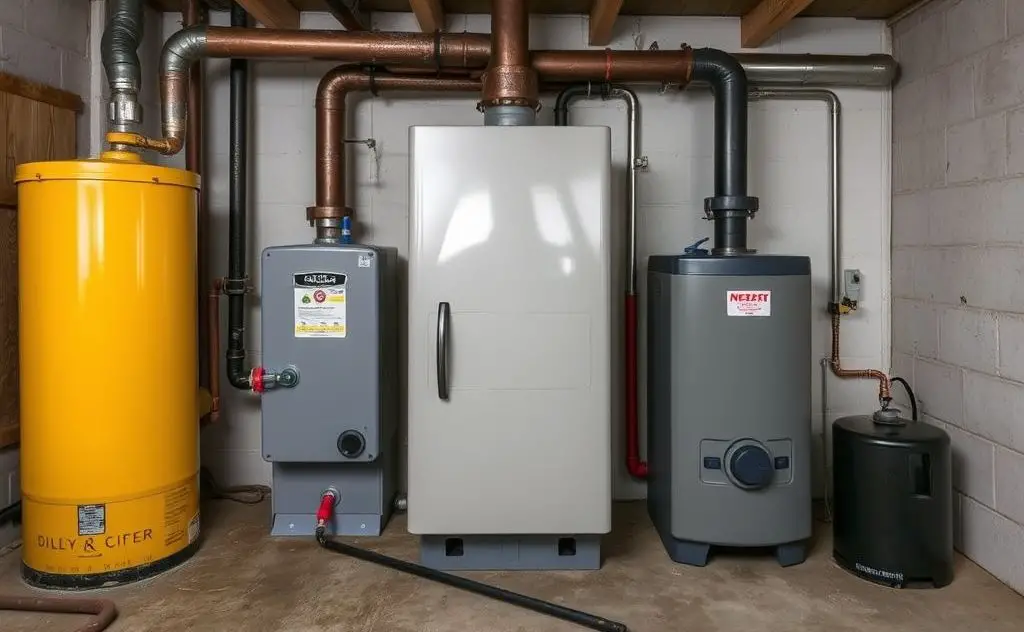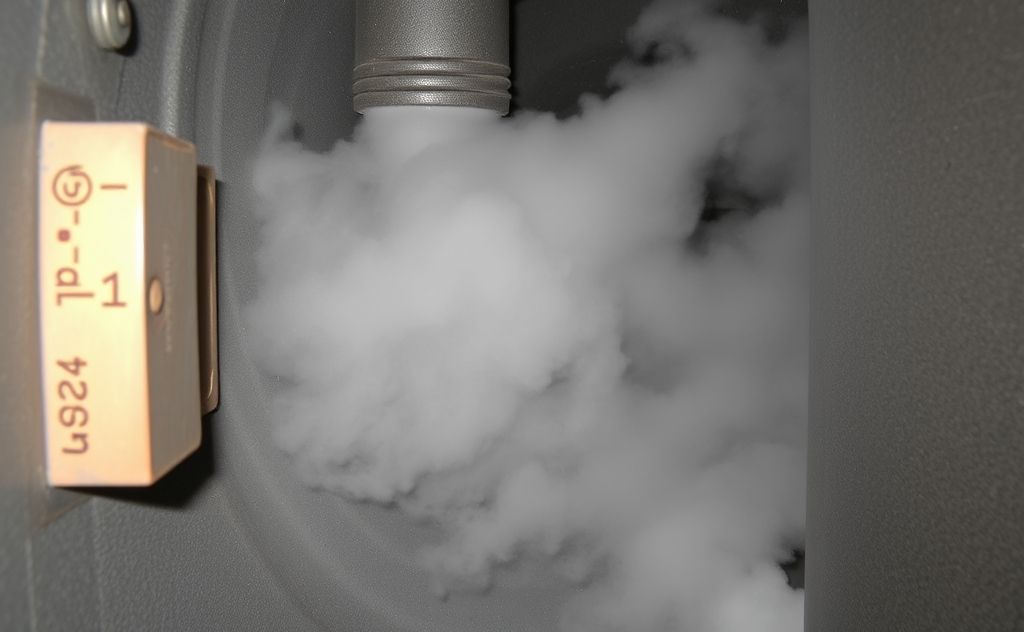Common issues with oil fired boilers include inadequate heating due to a dirty nozzle, oil supply problems, clogged filters, faulty thermostats, and issues with the burner or pump, which can lead to inefficient operation or complete failure of the heating system.
Oil-fired boilers provide reliable heat for homes, but like any mechanical system, they can develop issues. Understanding common problems helps homeowners troubleshoot effectively and know when to call a professional.

1. Boiler Won’t Start
When your oil boiler fails to start, check these potential causes:
Empty Oil Tank
The most common reason boilers stop working is simply running out of fuel. Check your tank gauge – if it’s below 1/8 full, you likely need an emergency oil delivery.
Tripped Circuit Breaker
Locate your home’s electrical panel and check if the boiler’s circuit breaker has tripped. Reset it if necessary, then press the boiler’s reset button.
Faulty Motor
If the boiler still won’t start after checking oil levels and power, you may have a blown motor in the burner assembly. This requires professional repair.

2. Boiler Runs But No Heat
When your boiler operates but doesn’t produce heat, consider these issues:
Clogged Nozzle
The burner nozzle’s tiny opening can clog with mineral deposits or sludge from degraded oil. Annual maintenance including nozzle replacement prevents this issue. Learn more about how oil boilers function to understand component interactions.
Fuel Supply Problems
Debris in the oil tank or a faulty fuel pump can prevent oil from reaching the burner. If you suspect tank contamination, schedule professional cleaning.
3. Excessive Smoke or Soot
Smoke or soot indicates potentially serious problems:
Blocked Flue Pipe
Inspect the flue pipe for obstructions like bird nests or debris. Clear any blockages carefully.
Cracked Heat Exchanger
A cracked heat exchanger can leak dangerous carbon monoxide. If you suspect this issue, shut off the boiler immediately and call a professional.
4. Boiler Cycles On and Off
Frequent cycling can stem from several causes:
| Cause | Solution |
|---|---|
| Faulty thermostat | Check calibration and replace if needed |
| Low water pressure | Adjust to manufacturer’s recommended level |
| Overheating | Clean components and check water flow |
5. Insufficient Heat Output
If your boiler runs but doesn’t provide enough heat:
Dirty Components
Built-up soot on heat exchangers or clogged air filters reduce efficiency. Annual cleaning maintains performance.
Improper Fuel Mixture
The air-to-fuel ratio might need adjustment by a technician for optimal combustion.
6. Unusual Noises
Strange sounds often indicate specific issues:
- Banging: Water hammer or overheating
- Whistling: Air in the system
- Gurgling: Low water level
7. Oil Smell in House
Oil odors require immediate attention:
Leaking Fuel Line
Inspect all fuel connections for leaks. Even small drips can create strong odors.
Improper Combustion
Poor burner adjustment can cause unburned oil vapors. A professional tune-up can resolve this.
For persistent oil smells, see our guide on eliminating heating oil odors.
Preventative Maintenance Tips
Regular care prevents most common boiler problems:
- Schedule annual professional servicing
- Keep oil tank at least 1/4 full to prevent sludge buildup
- Monitor water pressure and boiler temperature
- Install carbon monoxide detectors near the boiler
- Consider upgrading to a more efficient model if your boiler is over 15 years old
For comparison with other heating options, read about the pros and cons of oil-filled radiators.
According to the U.S. Department of Energy, proper maintenance can extend your boiler’s life by 10-15 years while maintaining efficiency.
For complex issues or if you’re unsure about any repair, always contact a qualified technician. Oil boilers involve high temperatures, electricity, and combustible fuel – safety should always come first.
